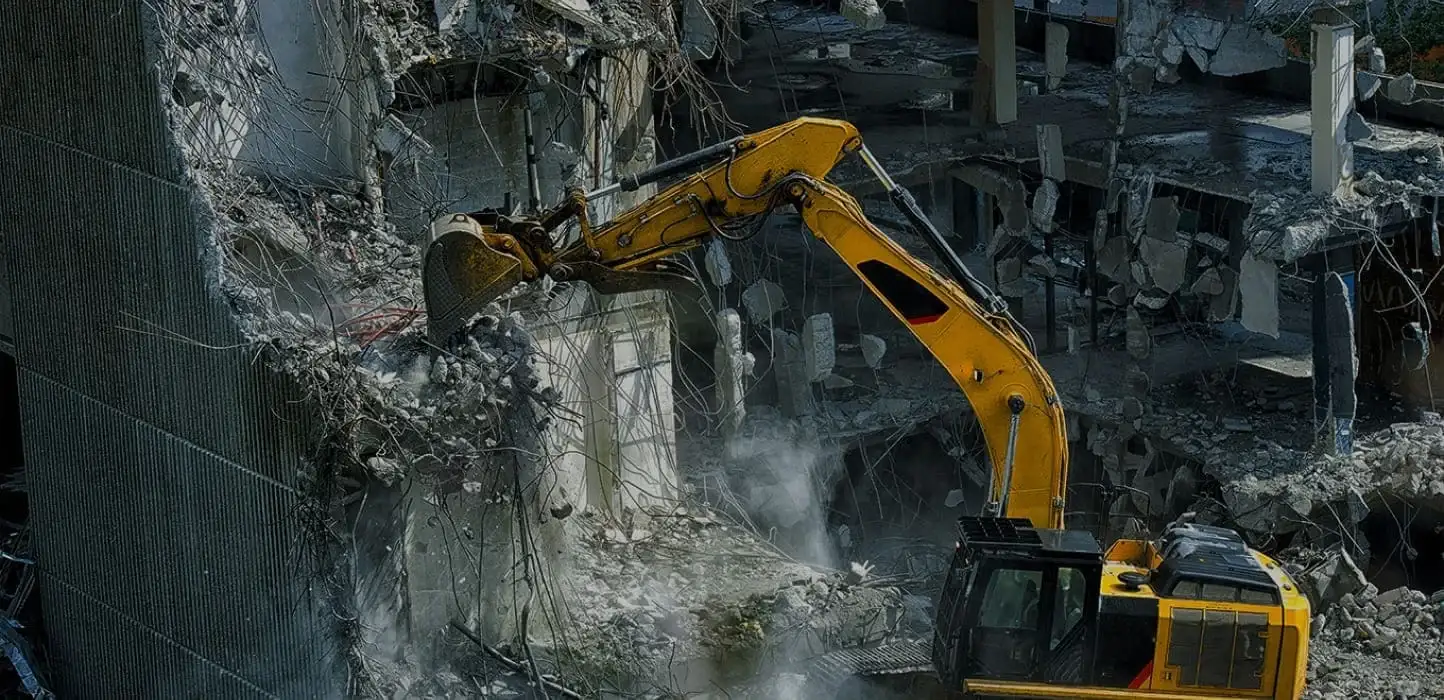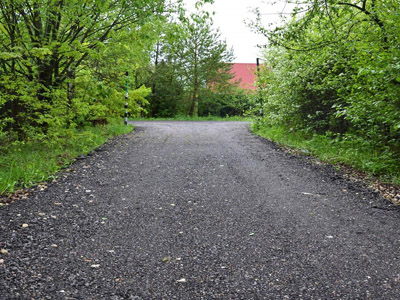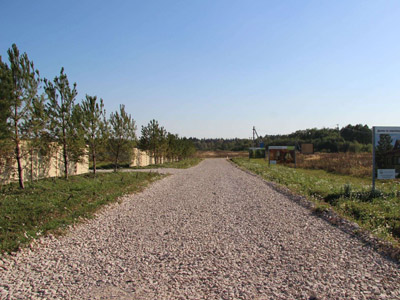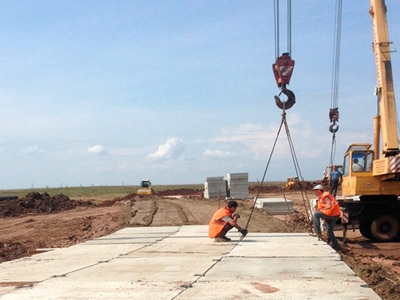
Temporary roads are constructed for a specific period of time to facilitate access to facilities in the absence of permanent roads. This is necessary, for example, in the construction of residential buildings, highways, bridges, pipeline laying, etc. Special machinery, equipment and materials are delivered to the construction site on temporary roads. They are economically viable and will not take long to build.
Temporary roads are short-lived, but their service life is sufficient to carry out all planned construction works. Also, temporary roads are often built in garage and garden associations, in summer cottages, where it is impossible or impractical to fully pave roads.



MATERIALS FOR TEMPORARY ROADS
The material for them is selected depending on the terrain, season, humidity level, and the type of transport that will pass through them.
- In swampy areas, roads are expediently built using brick fighting. This material is characterized by its porosity, due to which excess moisture is absorbed. Thus, access roads are not washed out or destroyed.
- Asphalt crumb is a recycled material resulting from the dismantling of old asphalt roads. This material is able to withstand significant temperature changes, and under the influence of sunlight and the weight of passing equipment it becomes even stronger and more reliable, providing good adhesion to car wheels. Often used for road construction in garage companies.
- Large-fraction crushed stone - often used to equip small decorative roads in horticultural societies.
- Reinforced concrete slabs are used for the construction of temporary roads in urban conditions with a significant load from heavy freight transport. The paving slabs are quick and hassle-free to install. In addition, they can be disassembled and transported to be reused several times without loss of performance. This explains the economic benefits of using this material.
- Wooden collapsible panel structures are used to organize entrances to objects located in hard-to-reach, swampy areas, at logging sites and in places where minerals are mined.
Prices
Road construction costs are calculated based on many factors.
For an accurate calculation, our specialist will visit your facility and make all the necessary calculations.
Price adjustments are carried out continuously, in order to avoid unpleasant situations, check prices with the manager!
Permits and licenses

LLC "Demontazhnik" has permits for the construction of roads of all types, including roads from asphalt chips and slabs. Permits for the removal and disposal of construction waste soil. Our quality management system is ISO certified.
STAGES OF CONSTRUCTION OF TEMPORARY ROADS
- At the initial stage of road construction by the company providing services, a technological map is drawn up, in which the details are specified: the direction of the future installation, the selected type of coverage, the estimated scope of work, a preliminary cost estimate. Personnel and technology are also provided by the development company. The composition of the special equipment used is determined by what kind of roads are being built. So, for the installation of reinforced concrete slabs, welding machines will be required, and for their transportation - large trucks - plate carriers. truck cranes, dump trucks, bulldozers and pneumatic rollers are also needed.
- Zero cycle of construction of temporary roads - earthworks for the construction of the earth bed. Appropriate geodetic works are carried out and the upper layers of vegetation and fertile soil are removed with the help of longitudinal passes of the bulldozer, which are then taken out of the working area. The width of the web depends on the material used in the future. For example, for reinforced concrete slabs, it should be 50 cm wider.
- Laying the underlying layer - in the overwhelming majority of cases, it is sand. It is unloaded, moved directly to the roadbed and leveled with bulldozers. Then, after checking the quality and moisture content of the sand layer, it is compacted with pneumatic rollers in several passes.
- Assembling the canvas - the technology here is different, depending on the material chosen. The requirements are imposed on the temporary road as far as possible to move heavily loaded vehicles along it and not to be too expensive. The construction should be as fast as possible.
Compliance with all requirements can be achieved only if the road is built using specialized modern technology and under the guidance of experienced specialists.
We offer the best prices for all types of construction services - from the pouring of concrete industrial floors to the construction of temporary roads.
